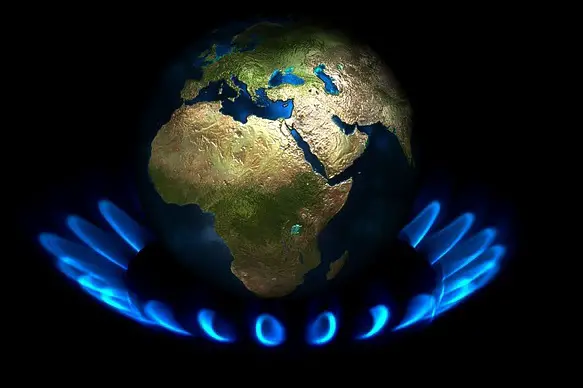As the EU struggles with the reduction in natural gas supply from one of its largest historical suppliers, Russia, amid the war in Ukraine, Cypriot President Nikos Christodoulidis has proposed that the EU instead turn to natural gas from the eastern Mediterranean as a replacement.
The head of the island nation, speaking Friday in an interview, said the over the next 25 years, the region could supply roughly 15%-16% of the bloc’s natural gas needs.
He said, “Europe’s greatest weakness in the current crisis with Ukraine… is its energy dependence on Russian gas. The eastern Mediterranean alone certainly cannot replace Russian gas. There are no such quantities that can replace Russian natural gas in total, but there are certainly those quantities that can mitigate the EU’s dependence.”
He went on to note that the region has already benefited from EU investment, and “we expect more technical and financial support… so that we can exploit the potential of the region.”
Currently, the countries of Western and Central Europe are only able to receive Russian gas supplies through a transit line which passes through the territory of Ukraine, after the sabotage bombing of the Nord Stream pipelines last year. Southern and Southeastern Europe also receive some fuel through the Turkstream and Blue Stream pipelines.
Ursula von der Leyen, the head of the European Commission, said in early March that over eight months, Russian gas exports to Europe had dropped by 80%, rendering the region now dependent on Norway’s gas fields and liquified natural gas (LNG) shipments from the US to meet its demand.
Christodoulidis’ comment follows an international kerfuffle over the nation’s links to Russia. Known as a financial have with lax banking and financial services regulation, Cyprus saw 13 entities and individuals from the island nations placed on US and UK sanctions lists, for allegedly servicing sanctioned Russian businessmen. Within several days, the nation’s largest bank, the Bank of Cyprus, announced it was closing roughly 10,000 accounts belonging to roughly 4,000 Russian customers.


